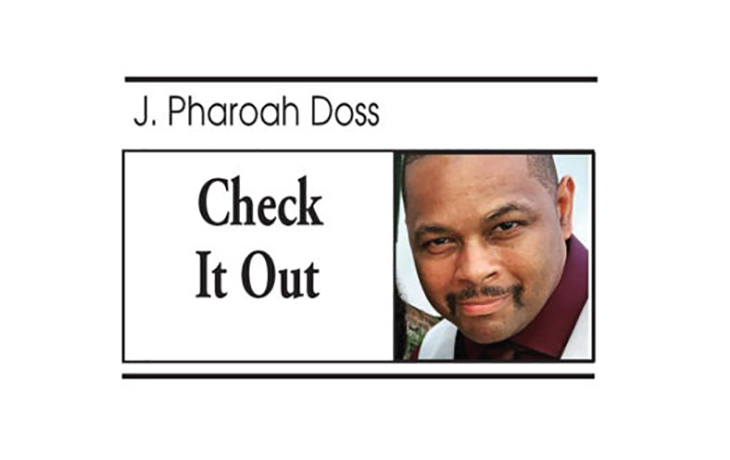Chicago Mayor Brandon Johnson joined four other mayors of major U.S. cities in November to ask President Joe Biden for federal assistance in handling the waves of migrants arriving in their municipalities.
A referendum is a direct vote by voters to keep or repeal an existing law. It is also known as direct democracy. Direct democracy was not popular among the founding fathers. They saw the average citizen as uneducated and uninformed. The founders were elitists. As a result, the founders adopted representative democracy to avoid the uninformed from wielding the most power in government.
Regardless of the founders, referendums are commonly used in local elections. However, there are occasions when individuals seek a direct vote on difficult issues, but their elected leaders do not want them to participate in democracy directly. Are elected officials automatically guilty of elitism when this conflict of interest happens, or are elected leaders protecting the public from the whims of an uninformed electorate?
Chicago is having a migrant crisis as a result of Republican governors of border states busing migrants from Central and South America to Democratic-run sanctuary cities.
Democratic mayors accused Republican governors of exploiting migrants as political pawns to highlight the Biden Administration’s incapacity to secure the country’s borders. Texas Gov. Greg Abbott questioned why Democratic mayors are complaining about migrant buses arriving in their cities when the term “sanctuary city” refers to municipalities that defy federal immigration laws to protect undocumented immigrants.
While Gov. Abbott’s depiction of sanctuary cities is accurate, Chicago’s sanctuary movement began with the church.

Around 20 Chicago-area churches provided safe havens for refugees fleeing political repression in El Salvador and Guatemala in the early 1980s. Because the United States supported the two Central American governments, the refugees were denied asylum.
The church recognized the distinction between refugees escaping political persecution and migrants fleeing impoverished countries in search of economic opportunities. Refugees are entitled to protection under international law, whereas migrants are subject to the immigration regulations of the country into which they have arrived. The churches were not challenging the federal government; rather, they fulfilled an obligation that the federal government had abandoned.
Harold Washington, Chicago’s first Black mayor, issued an executive order banning city officials from enforcing federal immigration laws in 1985. The order issued by Washington was in response to federal sweeps of undocumented immigrants. The executive order was made law by the Chicago City Council in 2006.
Twenty years ago, Chicago citizens probably didn’t think much of Chicago being a sanctuary city because it didn’t adversely affect them, but now there is a migrant problem as a result of Chicago’s sanctuary status, and many locals wanted a direct vote to remove that status.
Last month, the Chicago City Council voted 31-16 against a proposed referendum that would have asked voters in the March primary: Should the city of Chicago limit its designation as a sanctuary city by placing spending limits on its public funding?
Afterwards a Fox News headline said: Chicago’s mayor and city council favored migrants over Chicago’s Black residents. Lauren Lawrence, a Black woman born and raised in Chicago, told the city council that she represents many neighborhoods and is opposed to sanctuary cities. “People have waited for years to come here legally,” Lawrence explained. “Not just transported on these buses and dropped off in our neighborhood.” Lawrence protested that thousands of dollars were going to illegal immigrants, and that their needs were placed ahead of lawful Chicagoans, including veterans and the homeless.
However, Alderman Carlos Ramirez-Rosa argued that those who oppose Chicago’s sanctuary status are misinformed. The Illinois Coalition for Immigrant and Refugee Rights agreed, saying that Chicago’s sanctuary status has nothing to do with how the city provides shelter or treatment to asylum seekers, and that eliminating the sanctuary ordinance will not stop the flow of buses from Texas.
Some Chicagoans believe that if Harold Washington had not issued that executive order in 1985, and if the city council had not declared Chicago a sanctuary city in 2006, the Governor of Texas would have diverted the migrants’ busses to another city. These same residents believe that the current migrant crisis is the result of a past choice taken without the consent of the public, and that it is time for locals to have a say in Chicago’s sanctuary status.
Once again, an Illinois Coalition for Immigrant and Refugee Rights representative pointed out that Chicago’s sanctuary rules apply to undocumented immigrants, but new arrivals from Texas are mostly asylum seekers with Temporary Protected Status, which means they are protected by the federal government.
Apparently, there’s a lot of public confusion on the status of the migrants bused to Chicago, and the city council decided against the referendum in order to prevent a confused electorate from influencing public policy.
Those on the city council who voted against the referendum are certain they did the right thing and are not guilty of elitism. However, elitists always think they’re right, which prevents them from knowing when they’re the ones who are uninformed, confused, or wrong.

